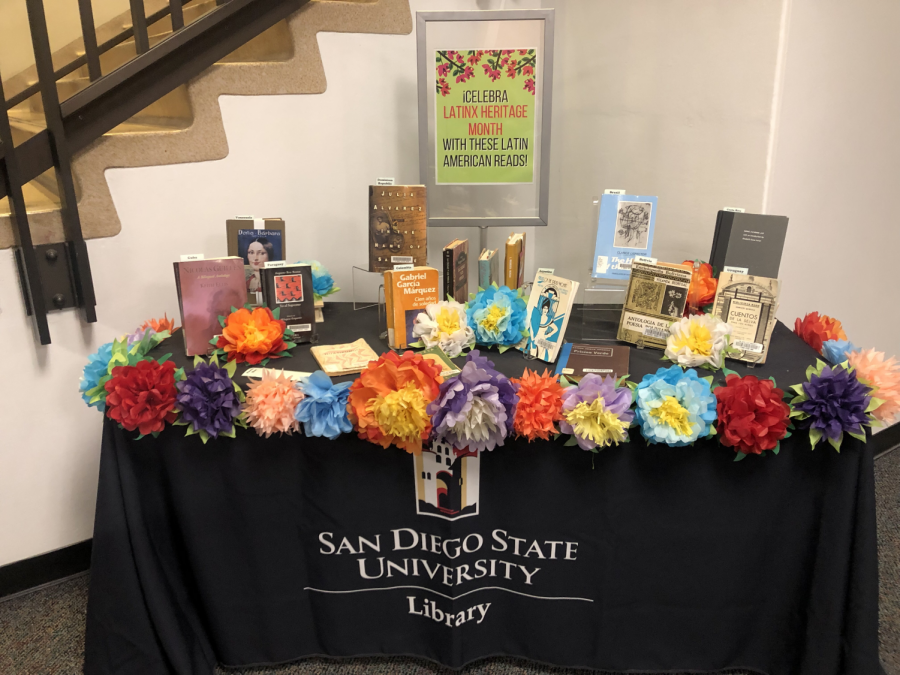The Faculty United Toward Excellence in Research and Transformational Engagement (FUERTE) program at San Diego State has been awarded a $15 million grant to dedicate research towards health disparities amongst the Latinx community while prioritizing diverse hiring for scientists who focus on this field of research.
Health disparities are preventable differences in the burden of disease, injury, violence or opportunities to achieve optimal health experienced by socially disadvantaged populations, according to the Center of Disease Control and Prevention’s (CDC) website.
María Luisa Zúñiga, social work professor and co-leader of FUERTE with Mark Reed, a professor of public health said it was a natural move to apply for the National Institutes of Health (NIH) grant when she and Reed heard about it.
“It’s such a huge lift to have the opportunity to bring 11 new colleagues to SDSU,” she said. “As faculty we are the stewarts of this opportunity and we want to do everything possible to make sure the faculty feel welcome and that they will be able to thrive with the rest of our community.”
Of those 11 new faculty, three will work from SDSU’s Imperial Valley campus.
The recruitment of FUERTE will prioritize scholars with committed research interests in Latinx health disparities focusing their research on addiction, environmental health, nutrition, physical activity and more, according to the program’s report on the NIH website.
Eileen Pitpitan, Evaluation Core Director for FUERTE said her role is to analyze whether the program has an impact on improving faculty success and the SDSU campus climate around diversity, equity and inclusion. She said she acknowledges the need for diversity and inclusion at all levels of science and research.
This is the gap FUERTE will attempt to improve.
Zúñiga said one of the issues she hopes to understand more are the higher rates of cervical cancer in Latinas, especially in our border region. What FUERTE aims to study are deeper and shared reasons for why the worst outcomes are disproportionately affecting the Latinx community.
This research can also be a springboard for other marginalized communities to understand health disparities amongst them, according to Zúñiga.
“This grant that’s been funded belongs to everyone,” Zúñiga said. “It is something that should support our students, faculty [and] our community and for that reason it is a grant that goes to SDSU, not to one group or one person. It goes to all of us.”










